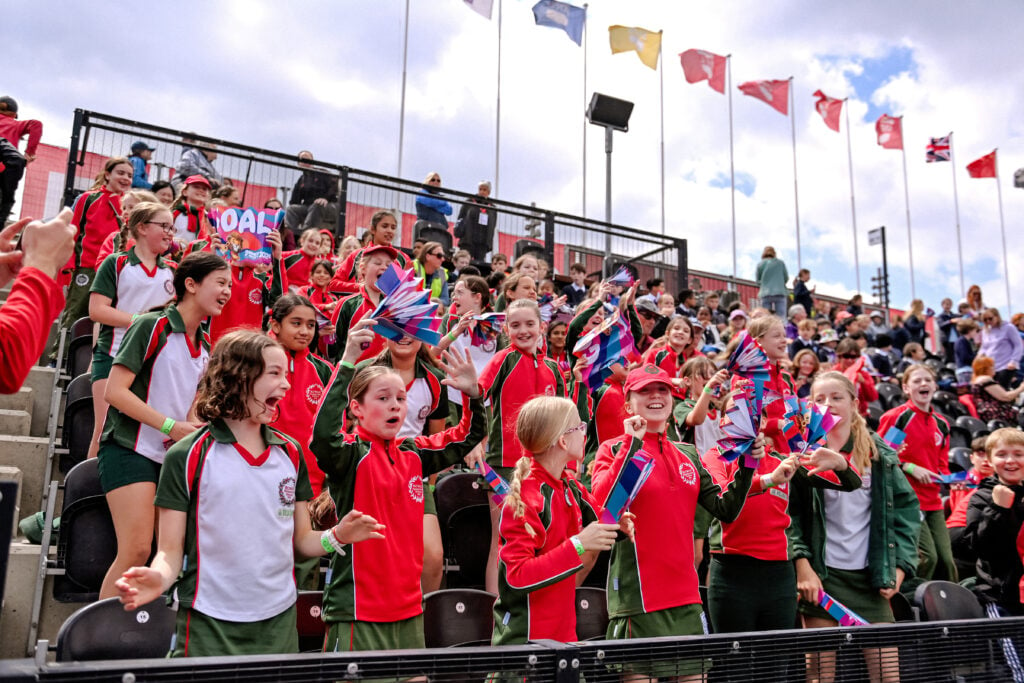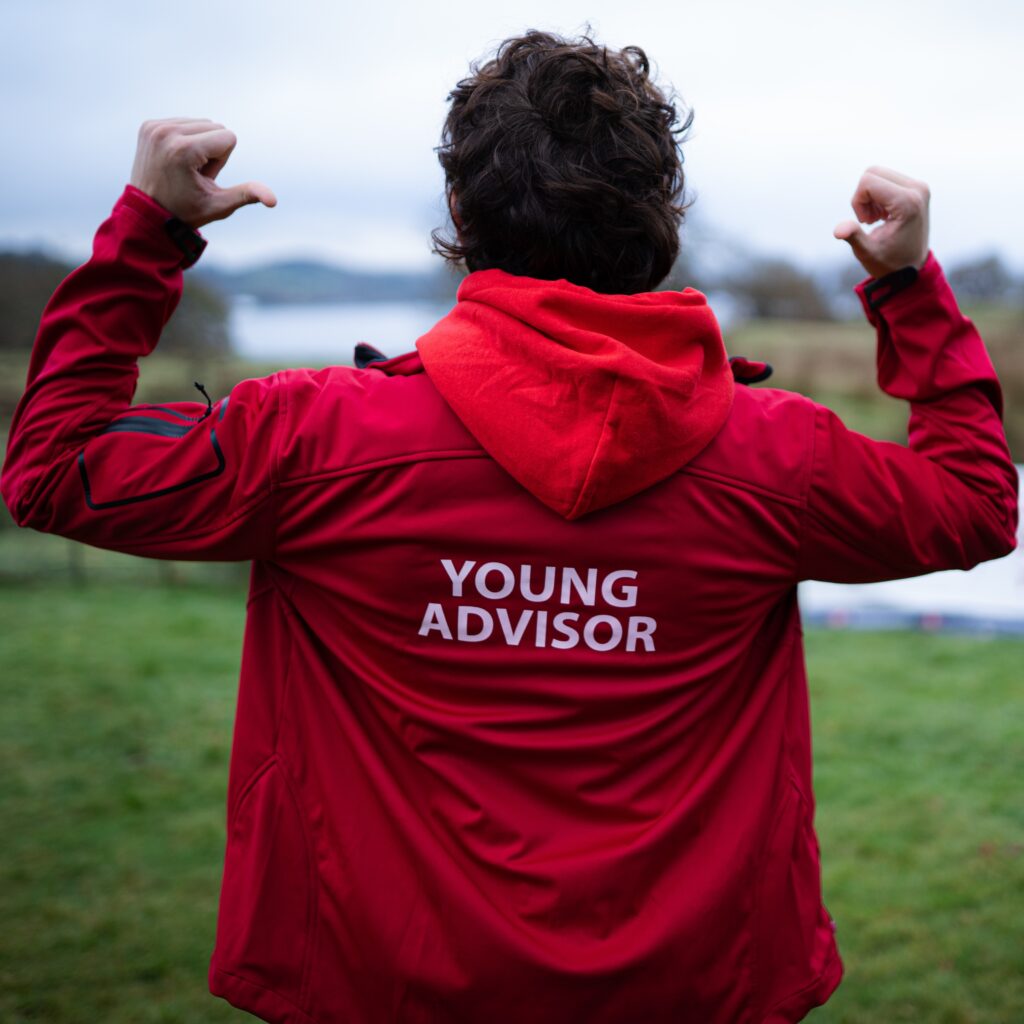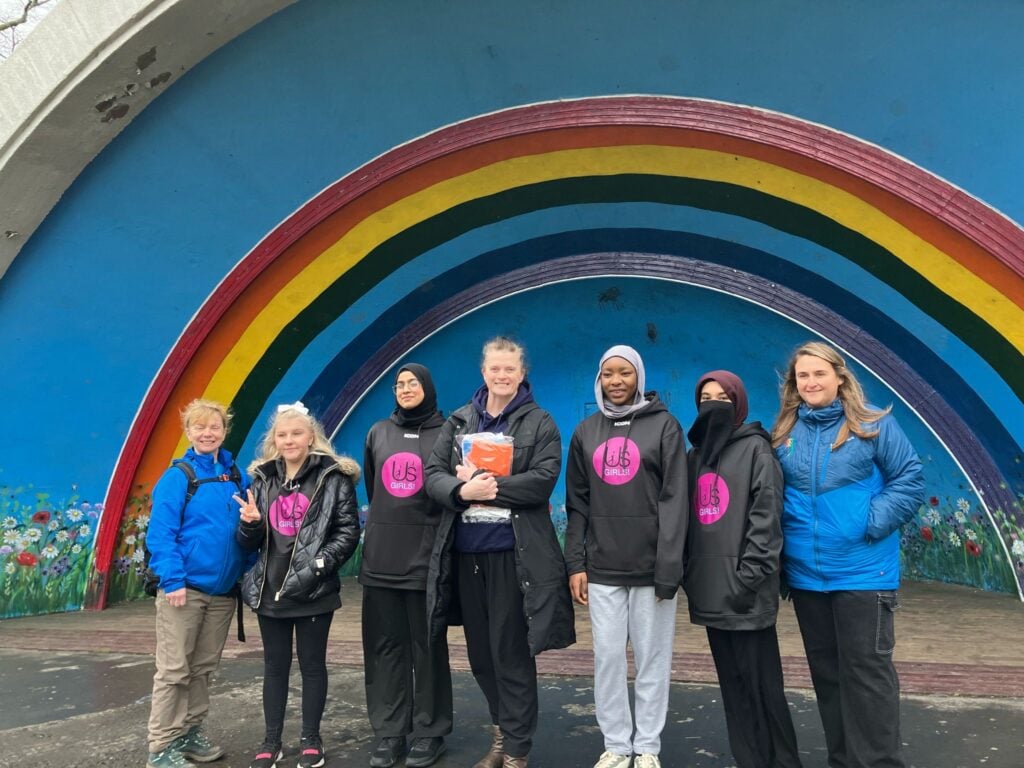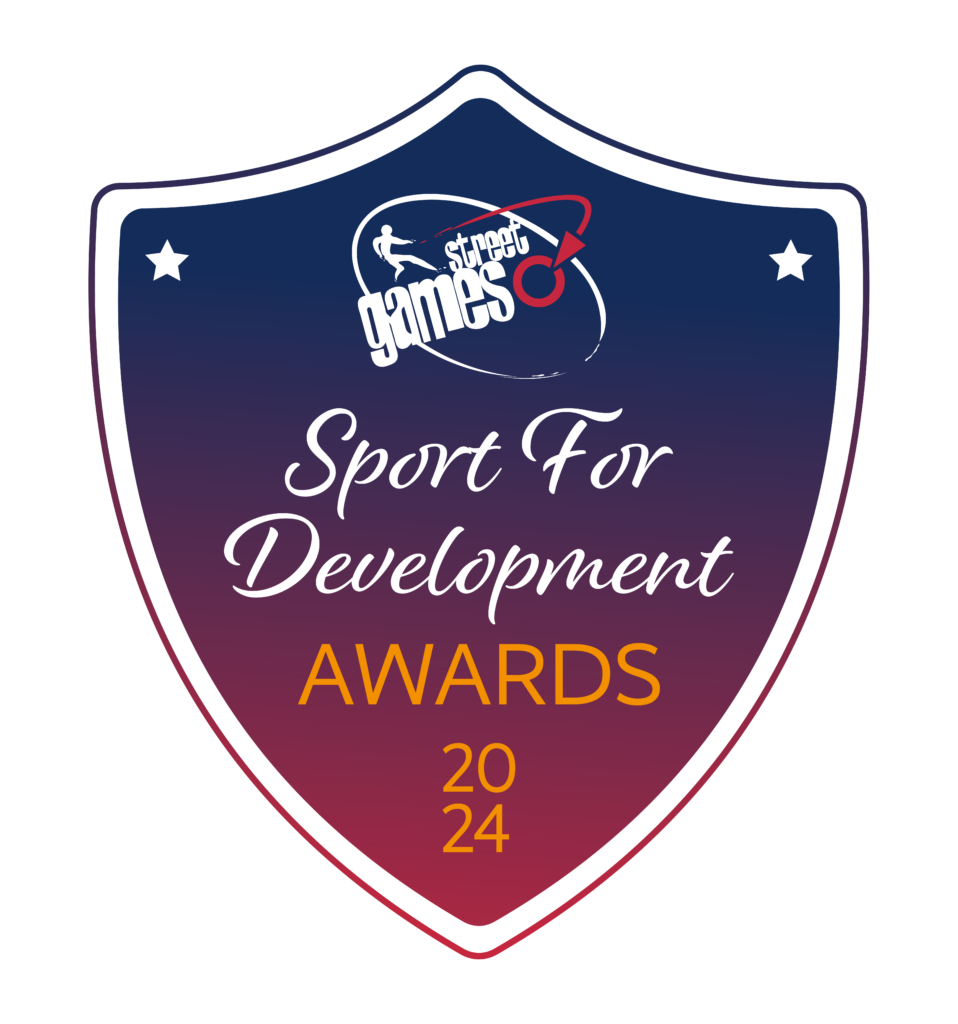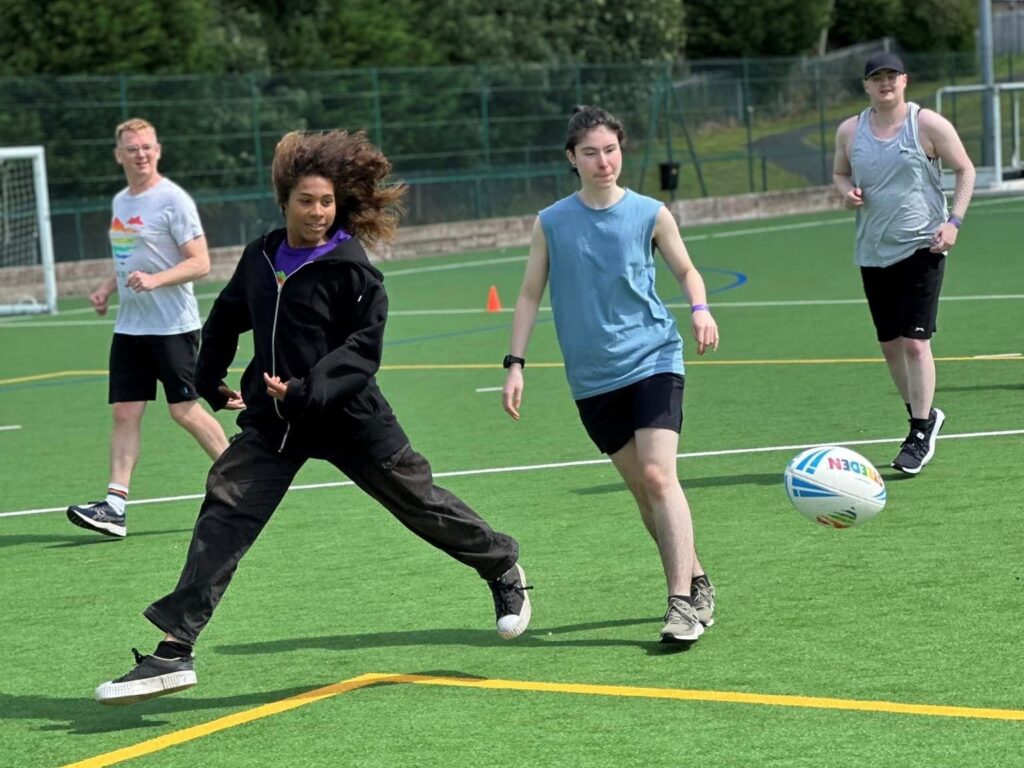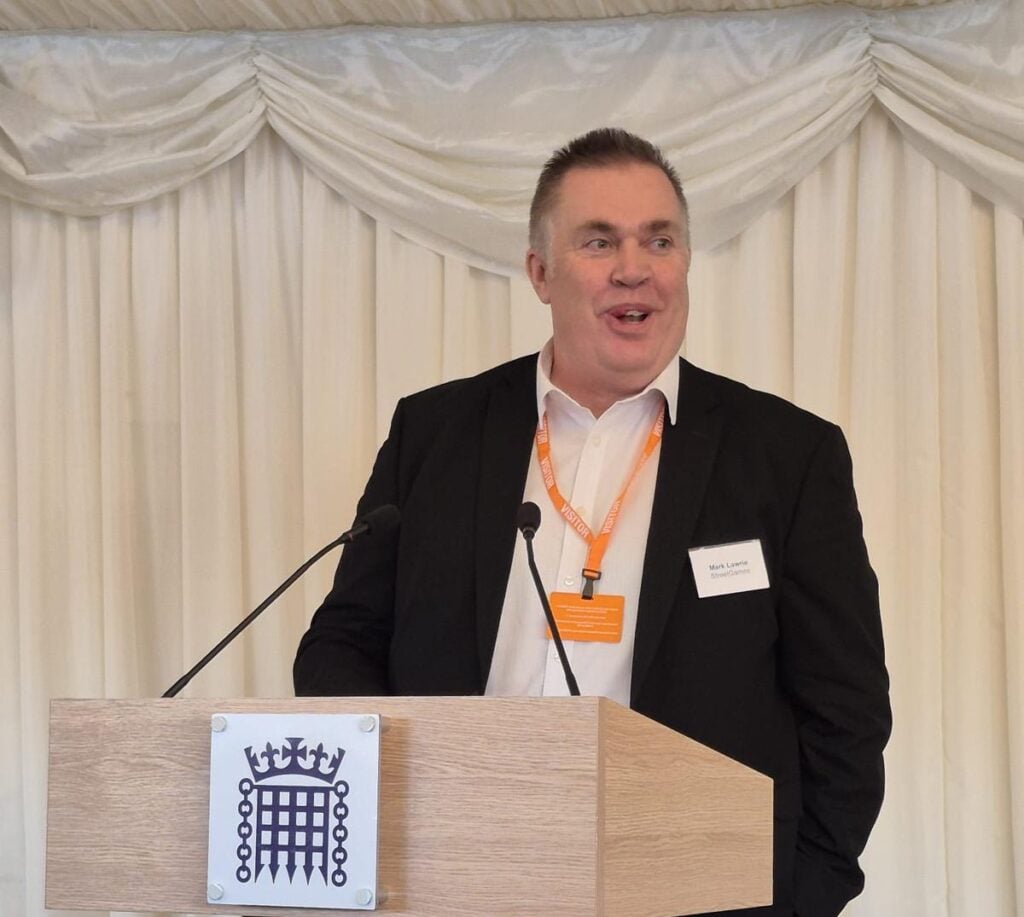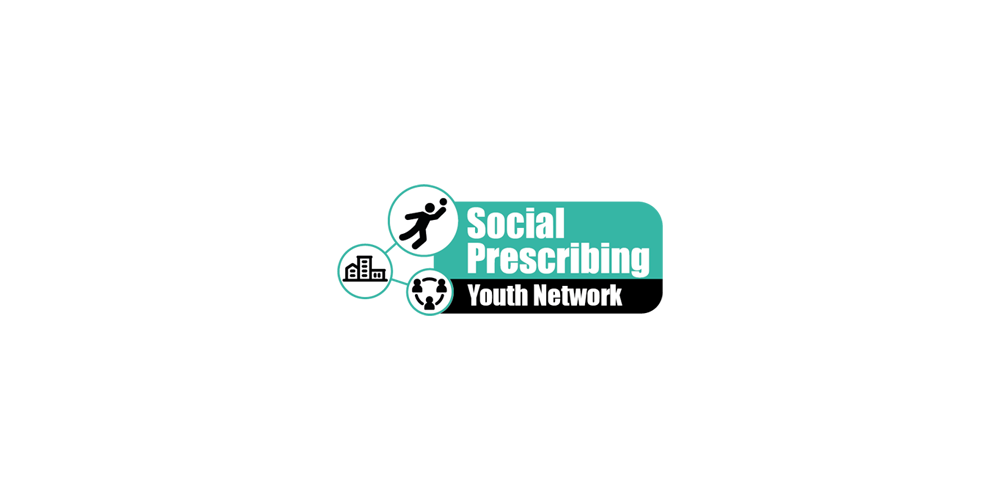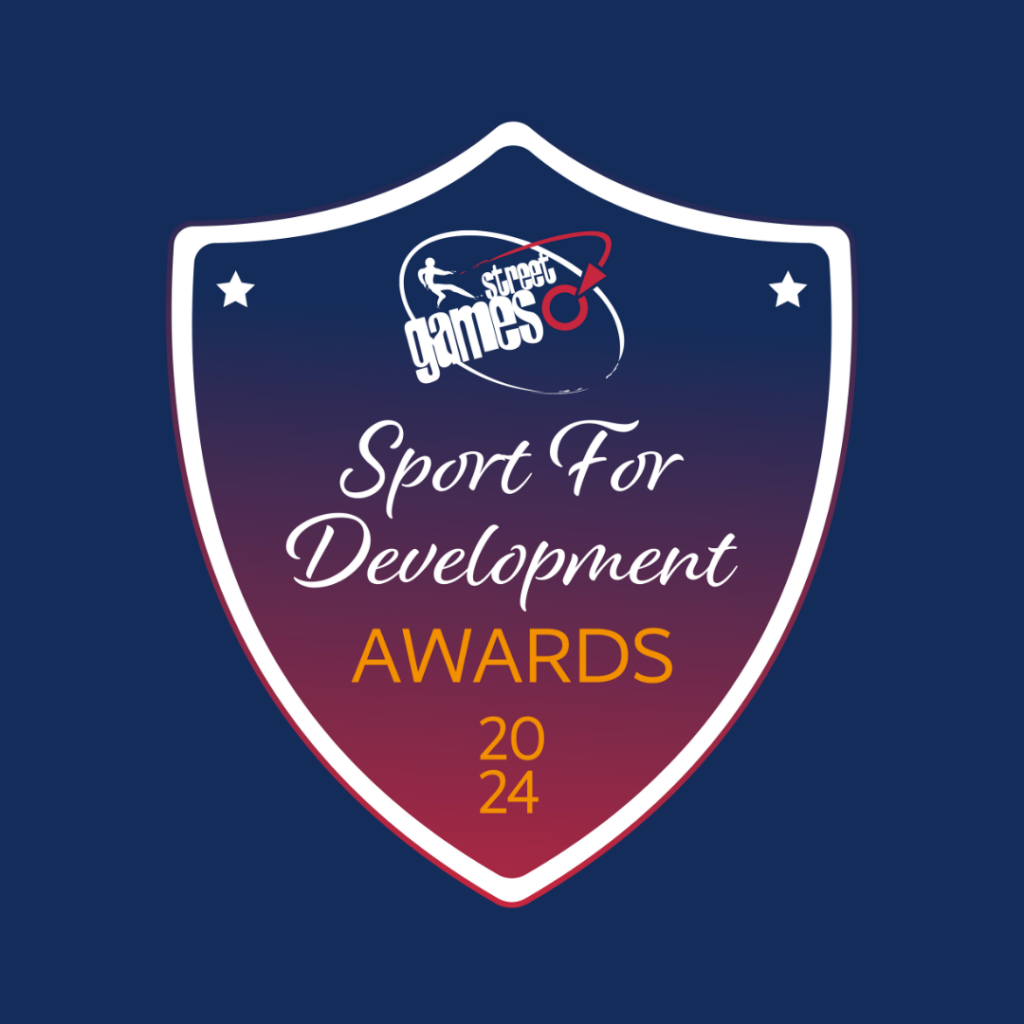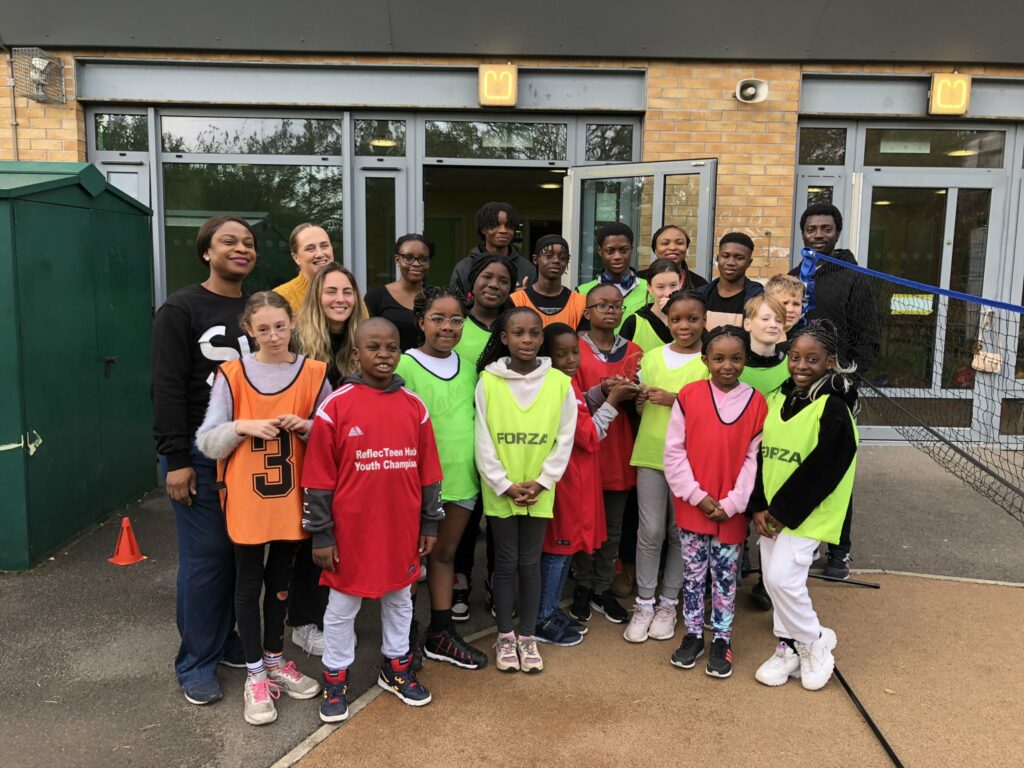Andres: My #NextGen Journey
Andres: My #NextGen Journey
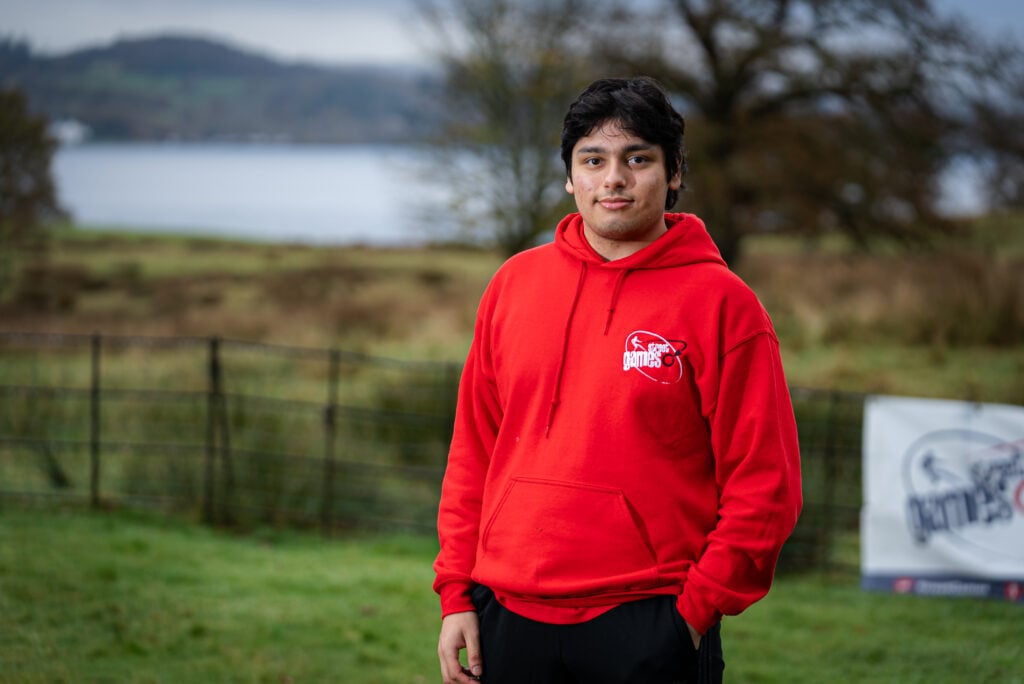
Written by Andres, StreetGames Young Advisor
For the first time in my life I started volunteering in sport late 2021, I had just started sixth form and had trouble finding a club to be part of. So a friend invited me to a local community centre (LS14 Trust) which offer free sessions every week to take part in all kinds of sports.
Going every week, eventually the Health and Sports Officer asked me and my friend if we wanted to be part of the ‘Sport leaders’ group to begin our journey in becoming young leaders within the world of sport, which was really exciting especially as a 16-year-old that was realising he was passionate about sport and youth.
As months went on StreetGames were looking for young people that were interested to join a programme called ‘NextGen’. I just remember feeling so full of joy and energy during and after the first introductory session of the programme. Because of the programme I was able to gain qualifications and experience that ended up helping me whenever I was helping with sport events and volunteering/coaching.
As a reward some of us from the community centre were invited to go to StreetGames’ 2022 Summer Camp, part of the #Inspiration2022 campaign. To say everyone including the Young Advisors did their job would be an understatement. As a result I applied to become a Young Advisor and have the privilege of working with StreetGames.
Becoming a Young Advisor was one of the best decisions I was presented with, and I was able to take part in youth voice to help our community, network with some great people from all over the UK and be part of huge events, such as the Brathay residential last October (2024). It was an incredible experience, with conversations, interactions and connections that I will take with me for the rest of my life.
Although a little bit older and happier, I’m not certain which career path I’m going down. What I do know is that StreetGames and volunteering overall, have carved more paths to walk through in the near future alongside people that will support me when needed.
